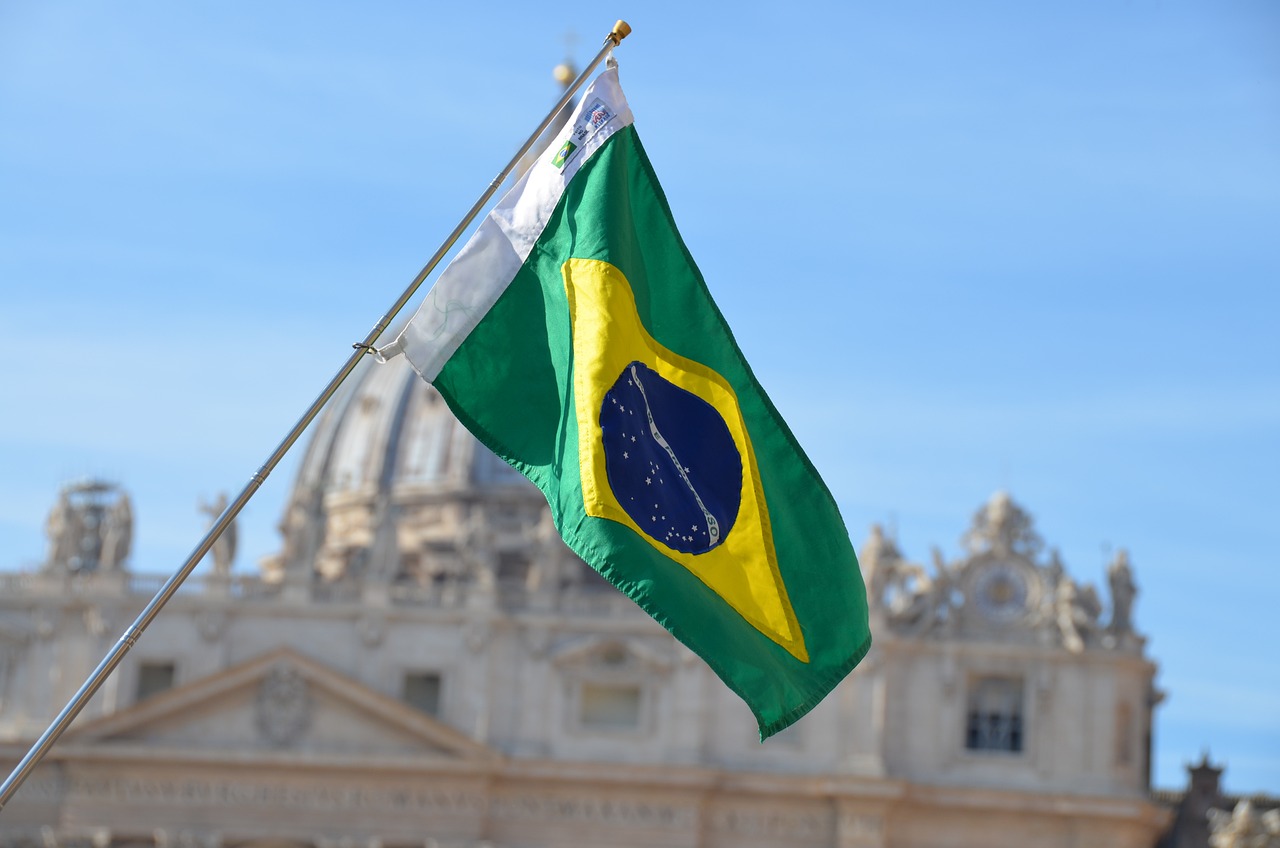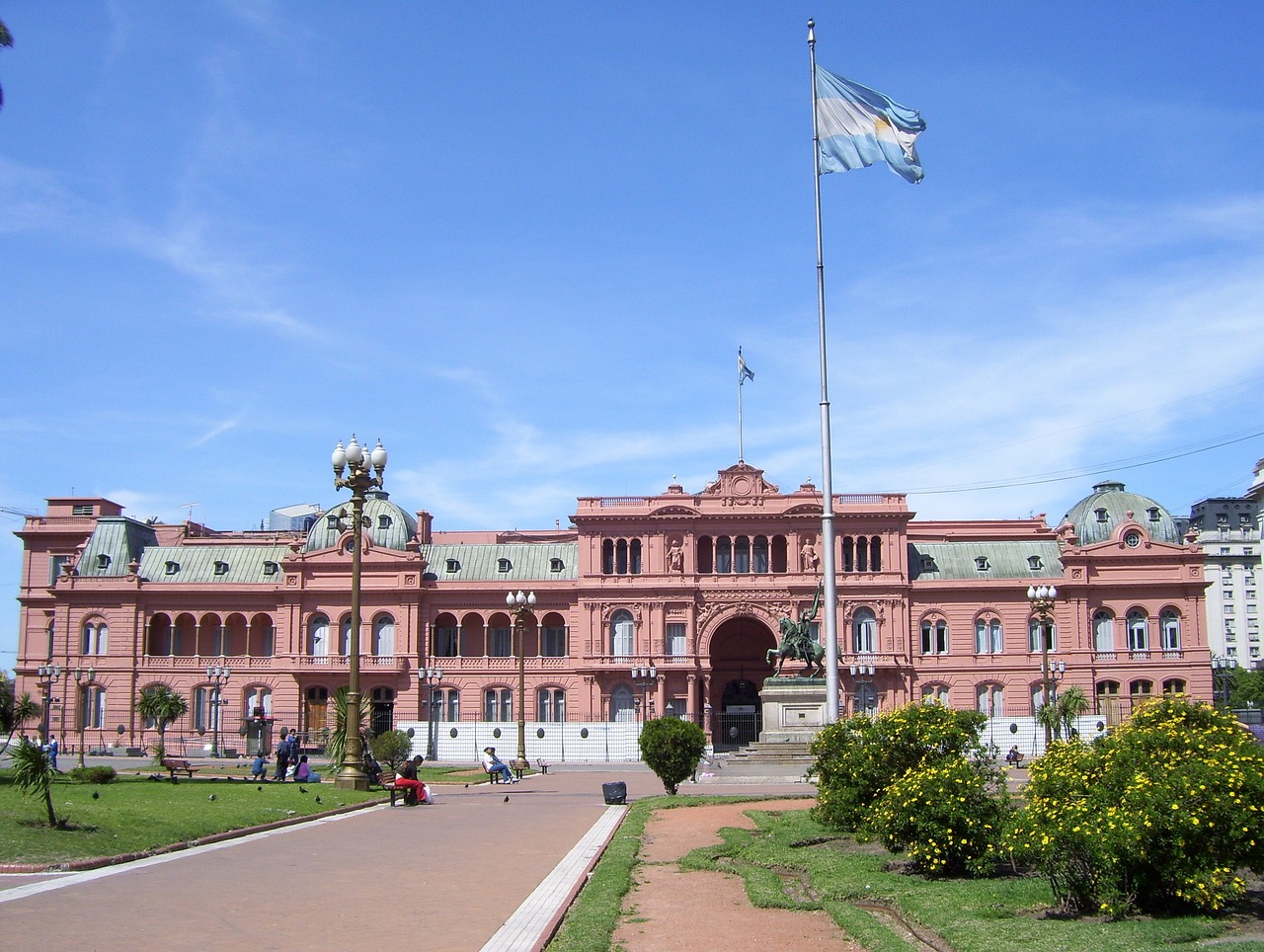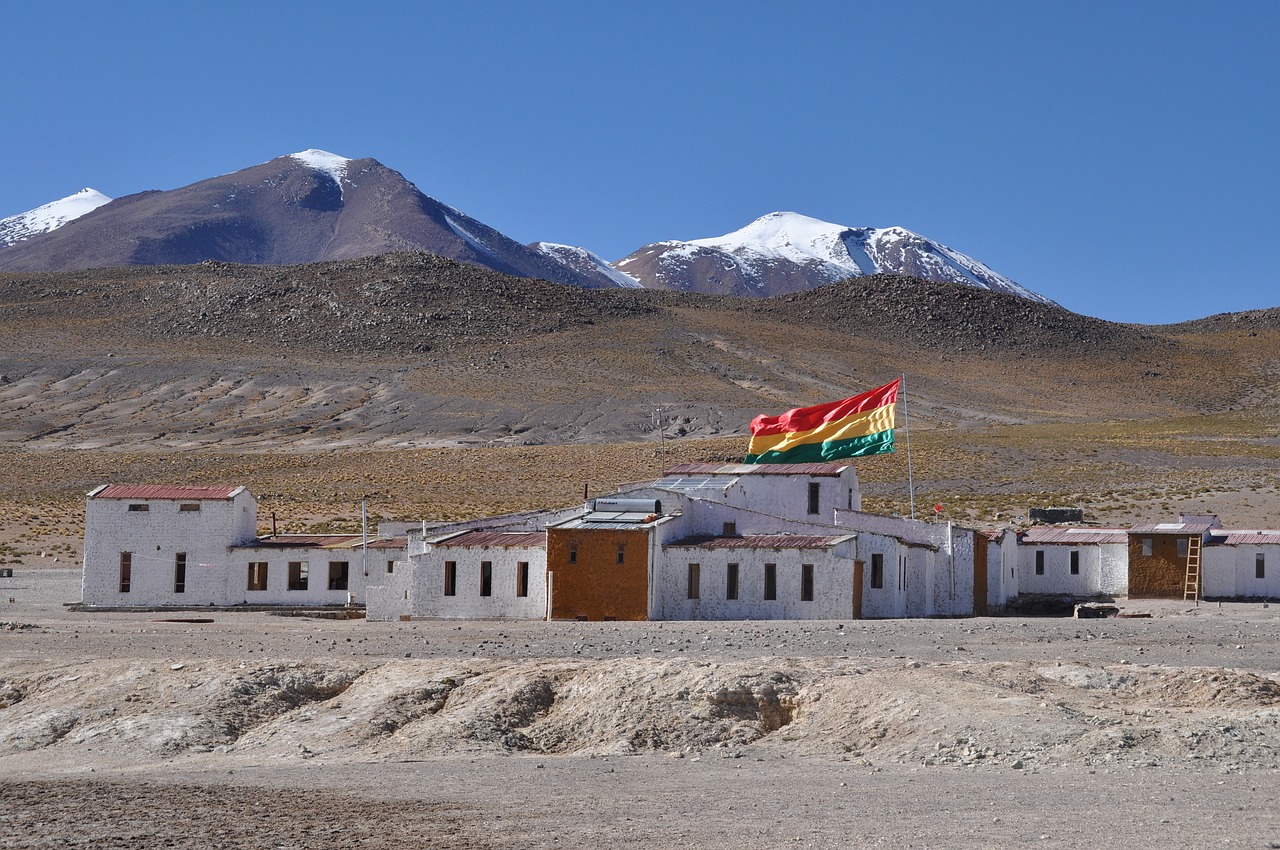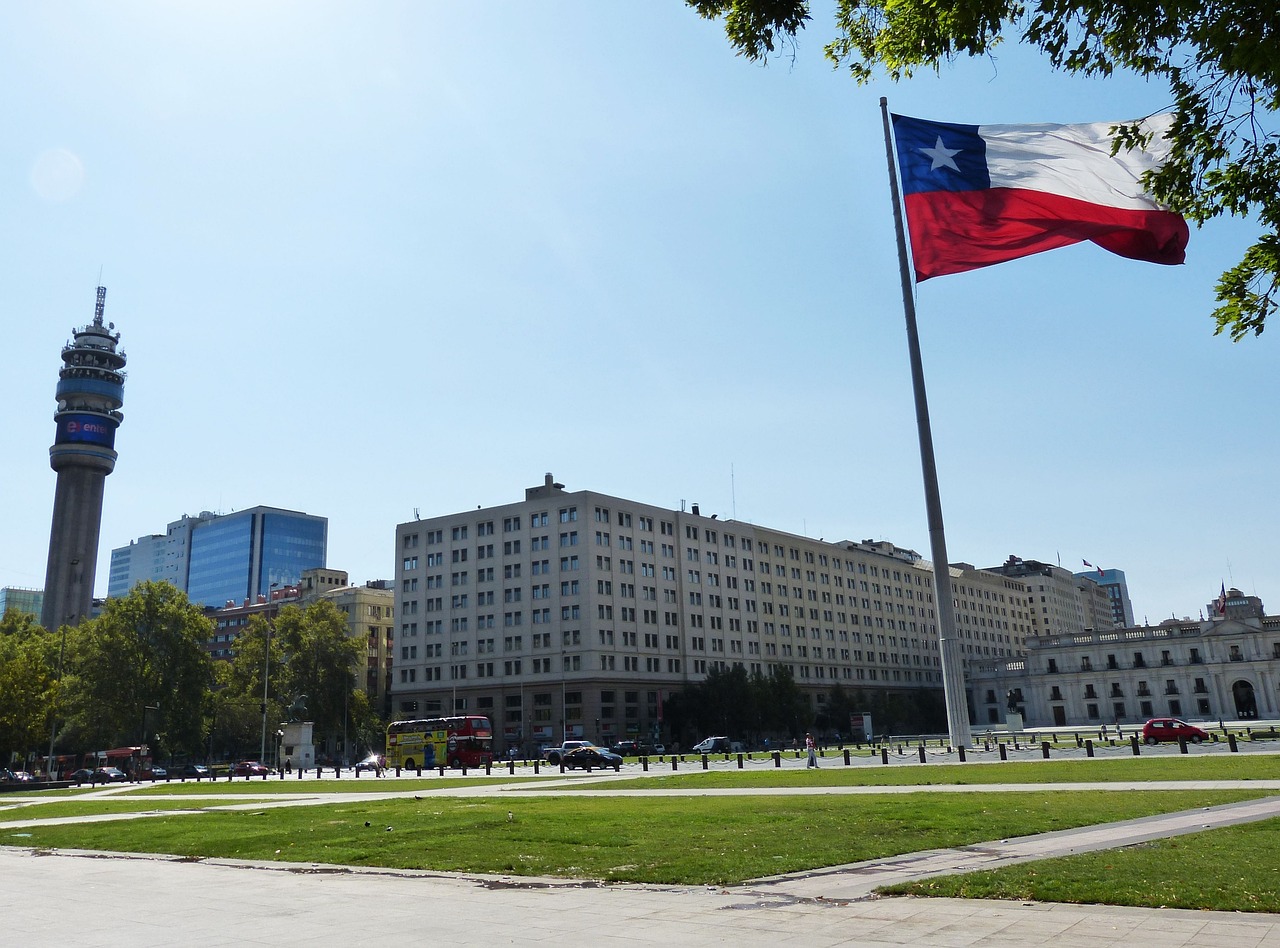30 Facts About Brazil: The Land of Diversity and Vibrant Culture
Brazil, the largest country in South America, is a land of breathtaking natural wonders, vibrant festivals, and a rich cultural heritage. From the Amazon rainforest to the bustling streets of Rio de Janeiro, Brazil offers a kaleidoscope of experiences that captivate travelers from around the globe. In this article, we will unveil 30 fascinating facts about Brazil, showcasing the diversity and vibrancy of this captivating nation.
1. The Largest Country in South America
Brazil covers approximately 47% of the land area of South America, making it the largest country in the continent. It shares borders with ten other countries and is home to diverse ecosystems and landscapes.
2. The Amazon Rainforest
The Amazon rainforest is the largest tropical rainforest in the world, spanning across several countries, including Brazil. It is a biodiversity hotspot, housing an incredible array of plant and animal species, and is often referred to as the “Lungs of the Earth.”
3. The Statue of Christ the Redeemer
The iconic Statue of Christ the Redeemer is located in Rio de Janeiro and is one of the New Seven Wonders of the World. Standing atop the Corcovado Mountain, the statue symbolizes Brazil’s deep-rooted Christian faith and offers panoramic views of the city.
4. The Carnival of Rio de Janeiro
The Carnival of Rio de Janeiro is one of the world’s most famous festivals, attracting millions of visitors each year. Known for its vibrant parades, samba music, colorful costumes, and electrifying energy, the carnival is a celebration of Brazilian culture and a spectacle like no other.
5. The Brazilian Portuguese Language
Portuguese is the official language of Brazil, making it the largest Portuguese-speaking country in the world. The Brazilian Portuguese dialect has its unique characteristics and is influenced by indigenous languages and African languages brought by enslaved people.
6. The Marvelous City: Rio de Janeiro
Rio de Janeiro, often referred to as the “Cidade Maravilhosa” (Marvelous City), is famous for its stunning beaches, vibrant culture, and iconic landmarks. From the famous Copacabana and Ipanema beaches to the Sugarloaf Mountain, Rio de Janeiro exudes a captivating charm.
7. The Pantanal Wetlands
The Pantanal, located in western Brazil, is the world’s largest tropical wetland and a UNESCO World Heritage site. It is renowned for its incredible biodiversity, housing numerous bird species, caimans, capybaras, and jaguars, making it a paradise for nature lovers and wildlife enthusiasts.
8. The Iguazu Falls
The breathtaking Iguazu Falls, located on the border of Brazil and Argentina, is one of the world’s most impressive natural wonders. With its cascading waterfalls and lush surroundings, it is a must-visit destination for travelers seeking awe-inspiring beauty.
9. The Afro-Brazilian Culture
Brazil has a rich Afro-Brazilian cultural heritage, influenced by the history of the transatlantic slave trade. From music and dance styles like samba and capoeira to religious practices such as Candomblé and Umbanda, Afro-Brazilian culture is deeply ingrained in the fabric of the nation.
10. The Amazon River
The Amazon River, flowing through Brazil and several other countries, is the largest river in the world by discharge volume. It is a lifeline for the surrounding communities and supports a rich aquatic ecosystem.
11. The Breathtaking Beaches
Brazil is renowned for its stunning beaches that stretch along its extensive coastline. From the golden sands of Copacabana to the tranquil shores of Fernando de Noronha, Brazil offers a beach paradise for sun seekers and surf enthusiasts.
12. The Historical City of Salvador
The city of Salvador, located in northeastern Brazil, is known for its rich history and Afro-Brazilian culture. Its historic center, Pelourinho, is a UNESCO World Heritage site, boasting colorful colonial architecture, vibrant music, and a lively atmosphere.
13. The Brazilian Barbecue: Churrasco
Churrasco, the Brazilian barbecue, is a culinary tradition that showcases the country’s love for grilled meats. Skewered and cooked over open flames, churrasco offers a mouthwatering feast of succulent cuts of beef, pork, and chicken.
14. The Biodiversity of the Atlantic Forest
The Atlantic Forest, a lush biome that once covered a significant portion of Brazil, is a biodiversity hotspot. Despite being highly threatened by deforestation, it still harbors numerous endemic species and is recognized as one of the world’s most important biodiversity hotspots.
15. The Indigenous Cultures
Brazil is home to a diverse array of indigenous cultures, with over 300 indigenous ethnic groups spread across the country. These communities have preserved their unique languages, traditions, and spiritual practices, contributing to Brazil’s cultural tapestry.
16. The Cultural Fusion of Bahia
Bahia, a state in northeastern Brazil, is known for its vibrant cultural fusion. Influenced by African, indigenous, and European traditions, Bahia offers a captivating mix of music, dance, cuisine, and religious practices.
17. The Brazilian Soccer Legacy
Soccer, or futebol, holds a special place in Brazilian culture. Brazil has a rich soccer legacy and is the most successful national team in World Cup history, having won the tournament a record five times.
18. The Tijuca Forest
The Tijuca Forest, located in Rio de Janeiro, is the world’s largest urban forest. It provides a lush green sanctuary within the city, offering hiking trails, waterfalls, and diverse wildlife.
19. The Historic Center of Olinda
The historic center of Olinda, in northeastern Brazil, is a UNESCO World Heritage site. Known for its well-preserved colonial architecture, colorful buildings, and lively cultural scene, Olinda is a cultural gem.
20. The Indigenous Heritage: Xingu National Park
Xingu National Park, located in the Brazilian Amazon, is home to several indigenous communities. It preserves their ancestral lands, traditions, and plays a vital role in protecting the rich biodiversity of the region.
21. The Festive São João Celebration
São João is a traditional festival celebrated throughout Brazil, particularly in northeastern regions. This lively event marks the feast day of Saint John and is characterized by bonfires, traditional music, dances, and typical dishes.
22. The Vibrant Street Art
Brazil is known for its vibrant street art scene. Graffiti and murals can be found in cities like São Paulo and Rio de Janeiro, where artists use public spaces as a canvas for self-expression, social commentary, and cultural celebration.
23. The Brazilian Coffee Culture
Brazil is one of the world’s largest coffee producers and has a rich coffee culture. The country’s coffee plantations, known as fazendas, offer an opportunity to learn about the coffee-making process and savor the flavors of Brazilian coffee.
24. The Diverse Music Styles
Brazil is a country of diverse musical styles, reflecting its multicultural heritage. From the infectious rhythms of samba and bossa nova to the energetic beats of forró and the mesmerizing sounds of MPB (Música Popular Brasileira), Brazilian music is a reflection of the nation’s soul.
25. The Pantanal Jaguar Reserve
The Pantanal Jaguar Reserve, located in Brazil’s Pantanal region, is dedicated to the conservation of the majestic jaguars. It offers visitors a chance to spot these elusive big cats in their natural habitat and supports ongoing research and conservation efforts.
26. The Historic Center of São Luís
The historic center of São Luís, the capital of the state of Maranhão, is a UNESCO World Heritage site. Its well-preserved colonial architecture, colorful azulejo tiles, and vibrant cultural traditions make it a captivating destination for history and culture enthusiasts.
27. The Fernando de Noronha Archipelago
The Fernando de Noronha Archipelago, located off the northeastern coast of Brazil, is a pristine marine sanctuary and a UNESCO World Heritage site. It offers stunning beaches, crystal-clear waters, and an abundance of marine life, making it a paradise for diving and snorkeling.
28. The Amazon Indigenous Reserves
Brazil is home to numerous indigenous reserves in the Amazon rainforest, where indigenous communities live in harmony with nature. These reserves play a crucial role in protecting both the cultural heritage of indigenous peoples and the biodiversity of the Amazon.
29. The Festive New Year’s Eve in Copacabana
New Year’s Eve in Copacabana Beach, Rio de Janeiro, is an unforgettable celebration. Millions gather to witness the mesmerizing fireworks display, dressed in white attire to honor the tradition of good luck and renewal.
30. The Warm Brazilian Hospitality
Above all, Brazil is known for its warm and welcoming hospitality. Brazilians, known as “Cariocas” in Rio de Janeiro and “Paulistas” in São Paulo, embrace visitors with open arms, creating a vibrant and inviting atmosphere that reflects the country’s spirit.
In conclusion, Brazil is a country of immense beauty, cultural richness, and natural wonders. From the enchanting Amazon rainforest to the lively streets of Rio de Janeiro, Brazil offers a captivating blend of diversity, vibrant festivals, and warm hospitality that make it a truly unforgettable destination.
Author Profile
- Welcome to my world facts blog! I'm Jay Steph, and I'm here to explore the captivating wonders of our planet. With a thirst for knowledge and a passion for exploration, I unravel fascinating insights about cultures and history. Join me on this awe-inspiring journey as we uncover hidden treasures together. Let's dive into the world of world facts and embark on an incredible adventure!
Latest entries
 AsiaJuly 31, 202330 Facts About Bangladesh
AsiaJuly 31, 202330 Facts About Bangladesh AfricaJuly 31, 202330 Facts About Burkina Faso
AfricaJuly 31, 202330 Facts About Burkina Faso AustraliaJuly 25, 202330 Facts about the Marshall Islands
AustraliaJuly 25, 202330 Facts about the Marshall Islands South AmericaJuly 25, 202330 Facts About Chile
South AmericaJuly 25, 202330 Facts About Chile



